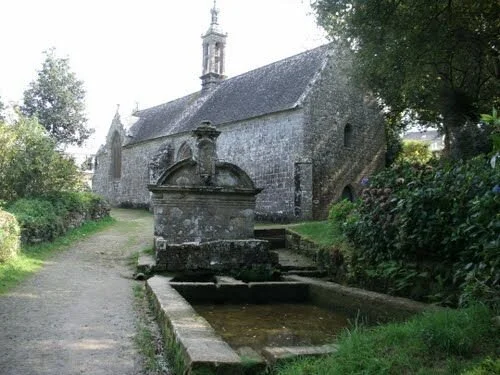Description: This is a way to introduce yourself by describing your ancestry. It allows you and the people you are with to expand beyond the present moment, to bring your ancestors as well as the future generations into the conversation.
Instructions: State your name and the place where you were born. Then take two minutes to introduce your ancestors: first your parents, then your grandparents and great-grandparents (if time allows) while sharing a little bit of their story. If you have limited knowledge of your ancestry, simply share what you know or what you have imagined your ancestry to be.
My Personal Example:
"My name is Anne-Marie, I am the daughter of Robert and Paulette. I was born in Brittany, France. Robert is the son of Marie and Pierre. Marie left school at 12 years old. She was very proud that she could read and write, and taught me the alphabet when I was 3 years old. My paternal grand-father Pierre, through an accident at birth, had lost the full use of his right arm, and as a result could not work at the farm like his ten other siblings. He was therefore allowed to go to school longer than his siblings and peers. I remember him telling me of being punished and humiliated at school if he spoke any word of Breton (Breton belongs to the celtic language family). He started the textile family business with his wife Marie: he was the salesperson while my grandmother was manufacturing the garments. It grew to employ 100 people in the 70's. On my mother side, Paulette is daughter of Francine and Louis. They owned a farm with a water mill and a bakery. He was sent to a forced labor camp during World War II, escaped, walked his way back home traversing France from East to West, was kept hidden in his own attic by his wife for over 18 months and died of cancer, shortly after the end of the war. After his death, Francine raised three daughters while still running the business. I only know of my paternal great grandmother who was a lavandière, i.e. she was washing other people clothes in a lavoir, a communal washing place, usually fed by a source of spring or other source water".
